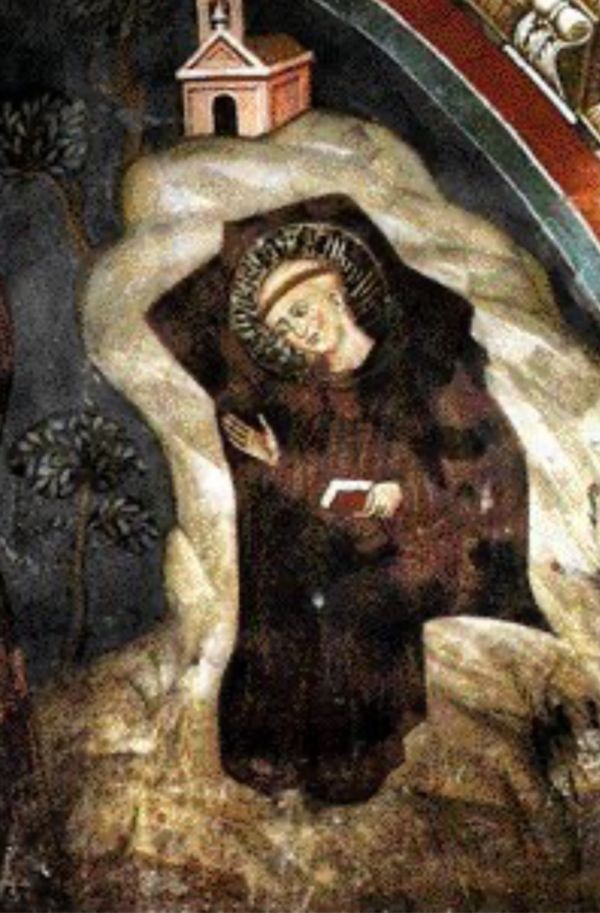Re-enter to regenerate: opposite banners
(Mt 19:27-29)
According to St. Ignatius [Meditation of the two flags], the greed for things gives rise in us the vain honor of the world, and from it an immense pride is generated, which severs any possibility of internalizing.
But detachment from certain banners is impossible about men. The Apostles themselves seem to hang on to the mindset of return: «what will we have?» [v.27].
The idea of retribution was typical of archaic religious culture. Unfortunately, the lust for advantage was crushing Love, annihilating the gratuitousness of gestures, denying the meaning of the Covenant.
In this way, in his free proposal Jesus wants to introduce the support of an intimate and apparently unreasonable conviction, but that sharply flows from the sources of being.
Here emerges the founding Eros of the Call. Not so much the character (placid and resigned) of the believer, but a superior personal Gift: that of a unique discernment for each one, linked to the profound nature.
To regenerate [«palingenesis» v.28] we must re-enter ours’ motivations with greater conviction.
«Monk» is a term that derives from the Greek «mònos», "unique" (in the sense of «simple» and «united»); perhaps from «mènein», "to remain". It also seems similar to the Latin «mìnus», "less".
That of contemplatives is a type of knowledge that meets the Wisdom of every culture. They believe that the ineffable Instrument of their hundredfold growth is the “absurdity” of being evaluated insignificant.
The Imitation of Christ emphasizes: «Ama nesciri et pro nihilo reputari».
Monastic Hiding guards what belongs to us; the lack of fame establishes us in the quintessence - instead of on the exterior.
Even the natural philosophical research of all time and latitude admits the detachment from opinions, which cut the sense of Mystery and personal Discovery.
Lao-tzū for eg. distinguishes individual achievement and destiny from both expectations and intentions, which enclose the meaning of life in what is already represented:
«The Way that can be said, is not the eternal Way» [Tao Tê Ching, i].
«The saint postpones his person, and his person is premised; he sets aside his person, and his person persists. Isn’t it for he stripped himself of interests? That’s why he can realize his interest» [vii].
When God wants to realize a project, always flies over outside situations. It’s a problem of sense, of the roots of our choice, of vitality from below and «renewal of all things» [v.28].
A life of obligations or attachments blocks creativity, multiplies idols and artificial worries; it creates a dark room, where we do not grasp what belongs to us. Away the scenes.
The meaning of monastic uniqueness is therefore inclined to the change and Awakening hoped for, qualitative: that of Hundred for one, strength of the weak.
Paradoxical broadening of perspective.
[July 11, 2024, st. Benedict abbot, patron saint of Europe]












